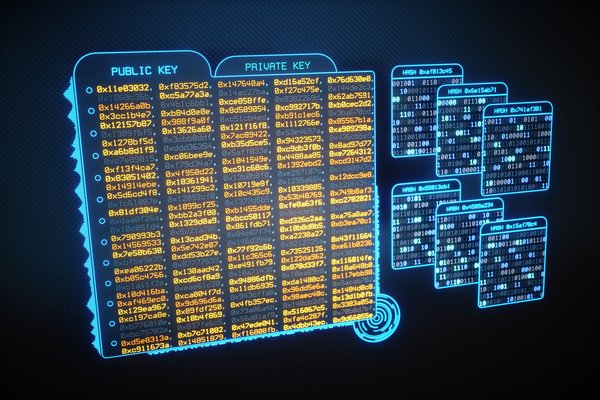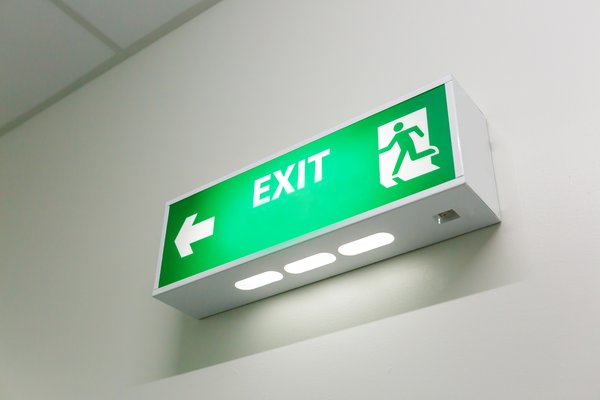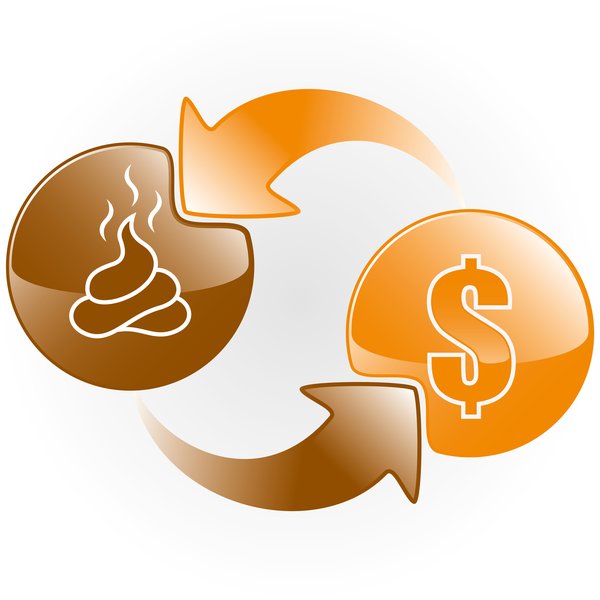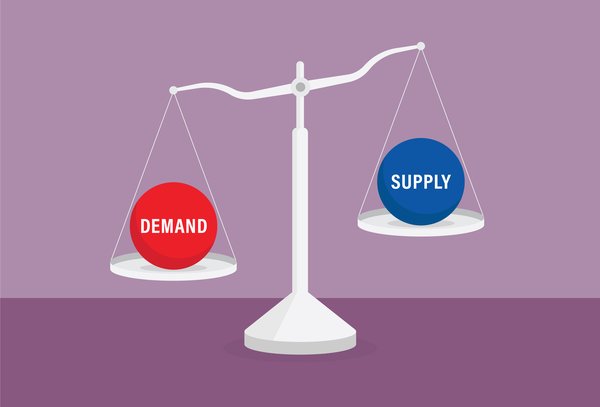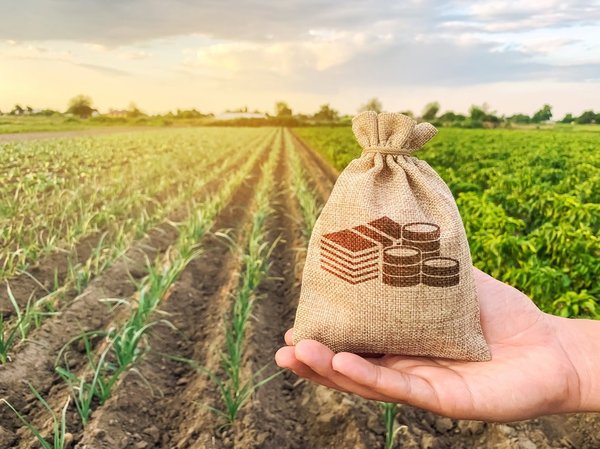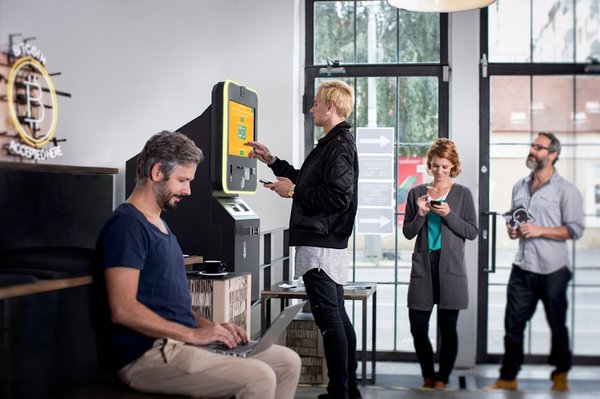When you own cryptocurrency, one of the most important things to consider is how to store it. Cryptocurrency doesn't have the same types of protection as money in a bank account or investments made through a broker. As the owner, crypto storage is your responsibility.
If you lose access to your crypto, it's most likely gone. This is a very common issue that has been happening since Bitcoin (CRYPTO:BTC) first launched. It's estimated that 3.7 million Bitcoin have been lost forever.
You have several different options to store cryptocurrency, including hardware devices, applications, and even a simple piece of paper. Once you know more about each storage method, you can choose the wallet (or wallets) that will keep your crypto safe.
| Factor | Custodial Wallet | Cold Wallet | Hot Wallet | Physical (Paper) Wallet |
|---|---|---|---|---|
| How it works | Another party, such as a crypto exchange, stores your cryptocurrency. | Hardware that stores crypto offline. | Application that stores crypto online. | Physical storage of private crypto keys. |
| Benefits | Simplest option and most convenient. | Highest level of security. | Convenience and ease of use. | Free way to store crypto offline. |
| Drawbacks | Security risk of leaving crypto in another party's possession. | Cost of device and inconvenience. | Security risk of storing crypto online. | Inconvenience and risk of losing wallet. |
| Average cost | Free. | $50 to $150. | Free. | Free. |

Storing cryptocurrency in a custodial wallet
A custodial wallet could be considered the default option for crypto storage. A third party holds your crypto for you, either through cold (offline) storage, hot (online) storage, or a combination of the two.
When you buy coins from cryptocurrency exchanges, apps, or stock brokers, they typically put it in a custodial wallet they control. If you want to store it yourself, you can transfer it to your own hot or cold wallet.
However, not every crypto platform allows this. Some stock brokers and apps only let you buy and sell crypto but not transfer it anywhere. In that case, the only option is to use their custodial wallet.
Many investors use custodial wallets with no issues, and there are advantages to this type of wallet:
- It requires the least amount of work on the user's part.
- Since your crypto is stored in your account, it's easy to access if you want to trade it.
- You don't need to worry about losing a crypto wallet. As long as you can access your account, you can access your crypto.
On the other hand, a third party controls your crypto. You're relying on its security measures and trusting that it won't lock you out of your account.
Although custodial wallets aren't as secure as using your own wallet, they're a much more convenient option for investing in cryptocurrency. If you decide to stick to a custodial wallet, make sure the platform you choose has high security standards.
Storing cryptocurrency in a cold wallet
A cold wallet is an offline crypto wallet. There are different methods of cold crypto storage, including making your own free paper wallet (which we'll discuss later). But the most common type of cold wallet is a hardware wallet.
Hardware wallets are small devices that connect to your computer and store cryptocurrency. They connect to the internet when sending and receiving cryptocurrency, but, other than that, they keep your funds offline.
Here's how cold hardware wallets work:
- Each hardware wallet has certain types of cryptocurrency it can store. Some can store more than 1,000, while others store a much smaller number, such as Bitcoin and a few others.
- When you connect your hardware wallet to your computer, you can generate an address to receive crypto to the wallet.
- You can send crypto from the wallet to another crypto address.
- Each hardware wallet has a recovery phrase (also known as a recovery seed). This phrase allows you to recover your crypto if you lose the device itself. It's important to keep this safe because anyone who has it could take your crypto.
Offline crypto storage is widely considered the best option from a security perspective, and many platforms use it to protect most of their own crypto. While your crypto is offline, it can't be stolen by hackers. For large amounts of cryptocurrency, a cold wallet is a good investment. There are several highly reviewed hardware wallets available from $50 to $150.
The biggest downside of cold wallets is the convenience factor. Since you need to hook up your cold wallet to move crypto, the process is slower than it would be if you kept everything online.
Storing cryptocurrency in a hot wallet
A hot wallet is an application that stores cryptocurrencies online. Hot wallets are typically available as desktop and mobile apps, and there are also web-based hot wallets.
Hot crypto wallets have a few notable good points:
- They give you control over your crypto.
- They're almost always free.
- They're easy to use. You can send and receive crypto very quickly with this type of wallet.
Like hardware wallets, hot wallets come with a recovery phrase. You can use this phrase to get your crypto back if you ever lose access to the hot wallet.
There's one problem with hot wallets, but it's a big one. Because they store crypto online, they carry the risk of being hacked. Even though the odds of this are low and plenty of people use hot wallets with no issues, it's probably not a risk you'd want to take with significant crypto funds.
Storing cryptocurrency in a physical wallet
A physical crypto wallet, also known as a paper wallet, is another type of cold storage. A paper wallet is a printout of public and private keys, usually as both a string of characters and as scannable QR codes.
These keys are how you make cryptocurrency transactions. You receive crypto with a paper wallet using the public keys. To send crypto from the wallet, you would need to scan the public and private keys.
Paper wallets have the same advantage as hardware wallets in that they provide greater security by keeping your crypto offline. It's also practically free to make your own, so they're ideal if you want maximum security at the lowest possible cost.
The downside is that paper wallets are the least user-friendly cryptocurrency storage. While anyone can follow steps online and make their own paper wallet, hardware wallets have much less of a learning curve.
Best practices for storing cryptocurrencies
Here are a few tips to help you store your cryptocurrency safely:
- Store the bulk of your crypto in a cold wallet since that's the most secure option.
- Use a hot wallet for smaller amounts of crypto that you want available for trading.
- Physically record the recovery phrases for your crypto wallets. You can write them down, and there are also steel tools designed for recording crypto recovery phrases.
- Save recovery phrases in a secure location that only you can access.
- Never share your crypto wallet's recovery phrase or private keys with anyone, and don't save them to your computer.
To sum up how to safely store cryptocurrency, start by choosing one or more crypto wallets. I recommend picking up a hardware wallet for most of your cryptocurrency holdings and downloading a hot wallet for cryptocurrency for easy access. Send your crypto to your wallets, record your recovery phrases, and -- most importantly -- keep those phrases somewhere safe.
































